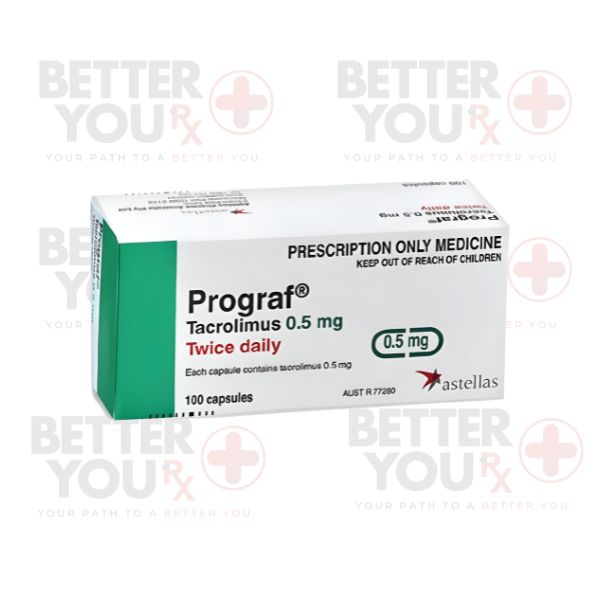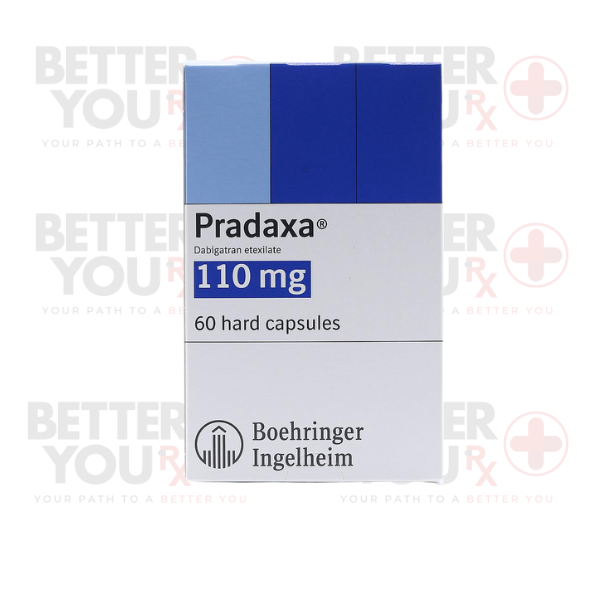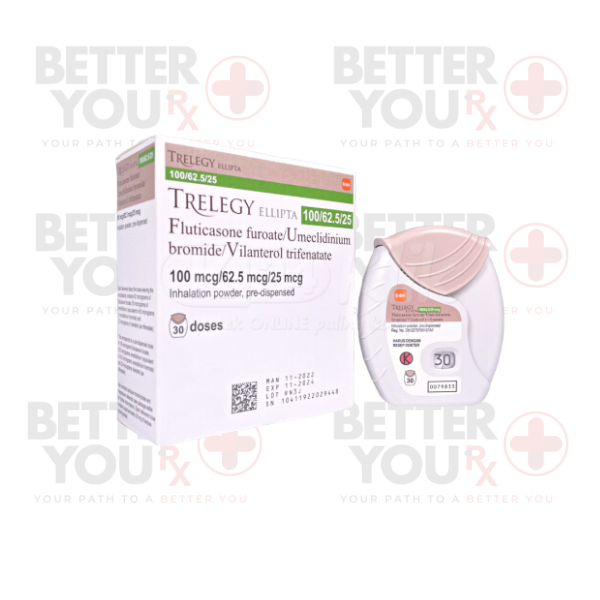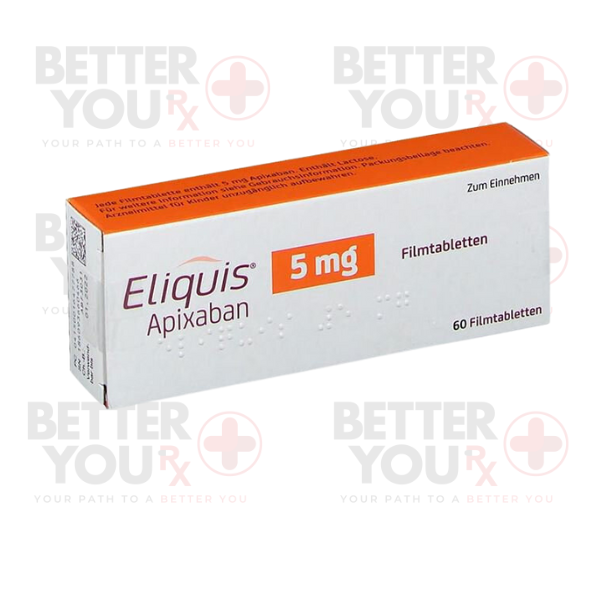Indications:
●Prevention of organ rejection in patients undergoing liver, kidney, heart, pancreas, and lung transplants.
●Treatment of allograft rejection resistant to treatment with other immunosuppressive medicinal products.
Administration Guidelines
●Capsules and Oral Suspension: Prograf should be taken consistently with or without food to maintain stable drug levels in the body. It is vital to follow the dosing schedule the health care provider prescribes strictly. The oral suspension can be mixed with water or apple juice but not other liquids.
●Intravenous Infusion: Prograf may be administered intravenously for initial use post-transplant or when oral administration is not feasible. Continuous monitoring in a hospital setting during IV administration is critical due to the potential for severe adverse reactions.
Dosage Forms:
●Capsules (available in several dosages)
●Oral suspension
●Intravenous infusion
Dosage:
●The starting dose and maintenance dose of Prograf are highly individualized based on organ type, clinical evaluation, and graft function. Tacrolimus blood levels must be monitored regularly to adjust the dose to achieve the desired immunosuppressive effect without provoking undue toxicity.
Safety Precautions
●Pregnancy and Breastfeeding: Tacrolimus should only be used during pregnancy or breastfeeding if the benefits justify the potential risks to the fetus or infant.
●Prolonged Use: Long-term use of tacrolimus can lead to several complications, such as renal impairment, high blood pressure, and diabetes mellitus.
●Infections: As an immunosuppressive agent, Prograf increases the susceptibility to infections and the possible development of lymphomas.
Drug Interactions
●Tacrolimus has the potential to interact with a wide range of medications, altering its metabolism and dangerously increasing or decreasing drug levels. Therefore, it is essential to avoid grapefruit juice and herbal supplements like St. John's Wort while taking Prograf.
|










Reviews
There are no reviews yet.